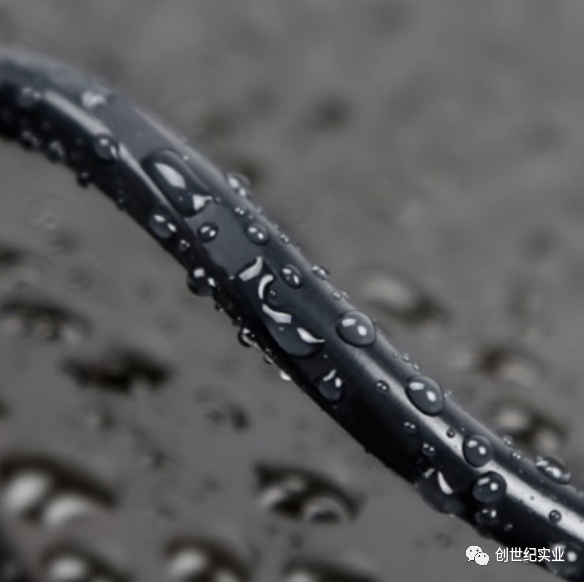- All
- Product Name
- Product Keyword
- Product Model
- Product Summary
- Product Description
- Multi Field Search
Views: 0 Author: Site Editor Publish Time: 2023-12-15 Origin: Site









Introduction:
High-temperature silicone sealants have gained significant popularity due to their excellent properties and widespread applications. This article aims to explore the various application scenarios and advantages of high-temperature silicone sealants.
 |  |
Applications:
1. Automotive Industry: High-temperature silicone sealants find extensive use in the automotive sector for sealing engine components, gaskets, and exhaust systems. They offer reliable performance at elevated temperatures, ensuring secure and durable sealing in harsh conditions.
2. Electronics and Electrical Industry: Silicone sealants are widely employed in the electronics and electrical industry for sealing and bonding applications. Their resistance to heat, moisture, and electrical conductivity makes them suitable for sealing circuit boards, electrical enclosures, and wiring systems. 3. Industrial and Manufacturing Sector: In the industrial and manufacturing sector, high-temperature silicone sealants are used for sealing joints, seams, and connections in equipment, machinery, and pipelines. They provide excellent resistance against chemical exposure, weathering, and high temperatures, ensuring long-lasting and secure seals.
3. Industrial and Manufacturing Sector: In the industrial and manufacturing sector, high-temperature silicone sealants are used for sealing joints, seams, and connections in equipment, machinery, and pipelines. They provide excellent resistance against chemical exposure, weathering, and high temperatures, ensuring long-lasting and secure seals.
4. Aerospace and Aviation: High-temperature silicone sealants play a vital role in the aerospace and aviation industry. They are used for sealing fuel tanks, aircraft doors, windows, and other critical components, providing reliable sealing under extreme temperature variations and high-altitude conditions.
Advantages:
1. Temperature Resistance: The primary advantage of high-temperature silicone sealants is their exceptional temperature resistance. They can withstand temperatures ranging from -50°C to 300°C, making them suitable for applications that require enduring extreme heat or cold.
2. Flexibility and Elasticity: Silicone sealants retain their flexibility and elasticity over a wide temperature range, allowing for thermal expansion and contraction. This property ensures that the sealant maintains an effective seal even when exposed to varying temperatures.
3. Chemical Resistance: High-temperature silicone sealants exhibit excellent resistance to chemicals, including oils, solvents, acids, and alkalis. This resistance ensures durability and stability in harsh environments, protecting the sealed components from chemical degradation.
4. UV and Weather Resistance: Silicone sealants offer exceptional resistance to UV radiation and weathering, making them suitable for outdoor applications. They do not degrade or lose their sealing properties when exposed to sunlight, rain, or extreme weather conditions. 5. Easy Application: High-temperature silicone sealants are easy to apply and typically come in a paste or caulk form. They adhere well to various substrates, including metal, glass, ceramics, and plastics, allowing for versatile application across different industries.
5. Easy Application: High-temperature silicone sealants are easy to apply and typically come in a paste or caulk form. They adhere well to various substrates, including metal, glass, ceramics, and plastics, allowing for versatile application across different industries.
Conclusion:
High-temperature silicone sealants find extensive application in automotive, electronics, manufacturing, aerospace, and aviation industries. Their temperature resistance, flexibility, chemical resistance, UV and weather resistance, along with easy application, make them a preferred choice for sealing in demanding conditions. As technology continues to advance, the role of high-temperature silicone sealants is expected to grow, contributing to enhanced efficiency and reliability in various industrial sectors.
